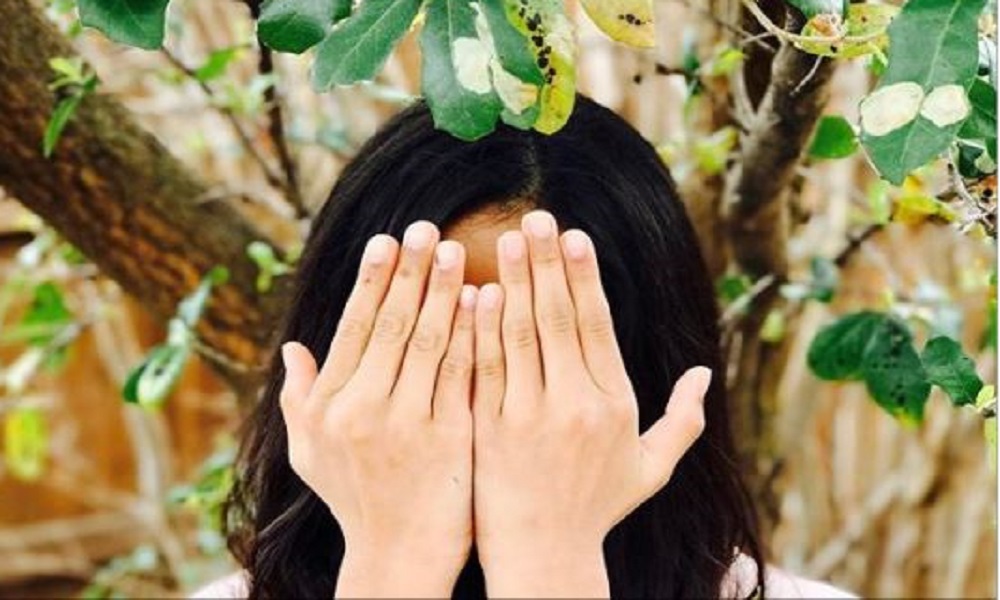by Areeba Qazi – Follow @browngirlmag
“That’s not your real sister and that can’t be your mom. You’re probably adopted.” I listened as an older girl in my elementary school completely isolated me from my family. This is probably one of the first memories I have about dealing with colorism.
To give you a little background, my mom and sister have fair skin, whereas I have an olive complexion. I never realized how important skin color was and still is to some people until that moment. From then on, I’d witness conversations about who has lighter skin, how you can get lighter skin and how anything remotely tan was undesirable.
In all honesty, I have never disliked my skin color, so I was always amazed by how such trivial things can impact the way people think. There was a point where I couldn’t attend a dinner party with my family without overhearing tips on how to become lighter and more attractive.
[Read Related: Myths on the Ideal Brown Feminist]
“Areeba make fresh juice in the morning using apples, celery and carrots. You will get even fairer than your sister.” Hmmm thanks, but no thanks. I’ve heard horror stories on how ladies took their sons to meet potential suitors and how dare those girls look lighter in a photo than they do in real life. Because it’s not like those pictures could’ve been taken in a different season when she’s not tan. Yeah sure, of course she’s purposely trying to deceive you and your son. I’d always come home and laugh with my family at how superficial this entire thought process is and would always (naively) think that it would end with my generation. Unfortunately, I was wrong.
The first time I heard someone from my generation brag that they were lighter than me was in high school. I remember sitting at lunch one day with a few classmates and one of my Indian classmates started talking about how light she is (cue eye roll please). She spent almost half an hour talking about skin color and how much lighter she was than me. I let her have that little victory in her mind because I really didn’t want to spend my entire lunch talking about who has less melanin. I figured, okay this is what a lot of South Asians are taught while growing up – that having a lighter skin tone brings some sort of superiority. But it didn’t stop there.
[Read Related: A Deeper Look into India’s Fair Skin Obsessed Beauty Standards]
Fast forward to college and I’d hear guys talk about how a girl had the potential to be pretty “but only if she was a little lighter.” Even now, I still hear about people who have skin color on their checklist of what they like in their partners.
I worked at a Sephora for almost two years and it would kind of break my heart every time a mother would buy her daughter foundation a few shades lighter than the color I had just matched her to. Not because I’m judging them in any way… actually yeah you know what sure, I am judging them. Because I’d see the look on these girls’ faces and they would look so insecure about their skin color. Breaking a kid’s confidence level over something they have absolutely no control over in the name of seeming more attractive is actually insane.
I don’t see how looking gray using makeup that is lighter than your natural skin color is more “beautiful” than embracing that amazing natural melanin-packed skin God blessed you with. This needs to stop. And it will, with us. Our generation has the power to think and act constructively. It’s about time that we take back the narrative– there really is no such thing as what color we “should be.”
 Areeba Qazi is a New York native avoiding falling into the routine of working in a corporate setting through pursuing her interests in all aspects of life.
Areeba Qazi is a New York native avoiding falling into the routine of working in a corporate setting through pursuing her interests in all aspects of life.





